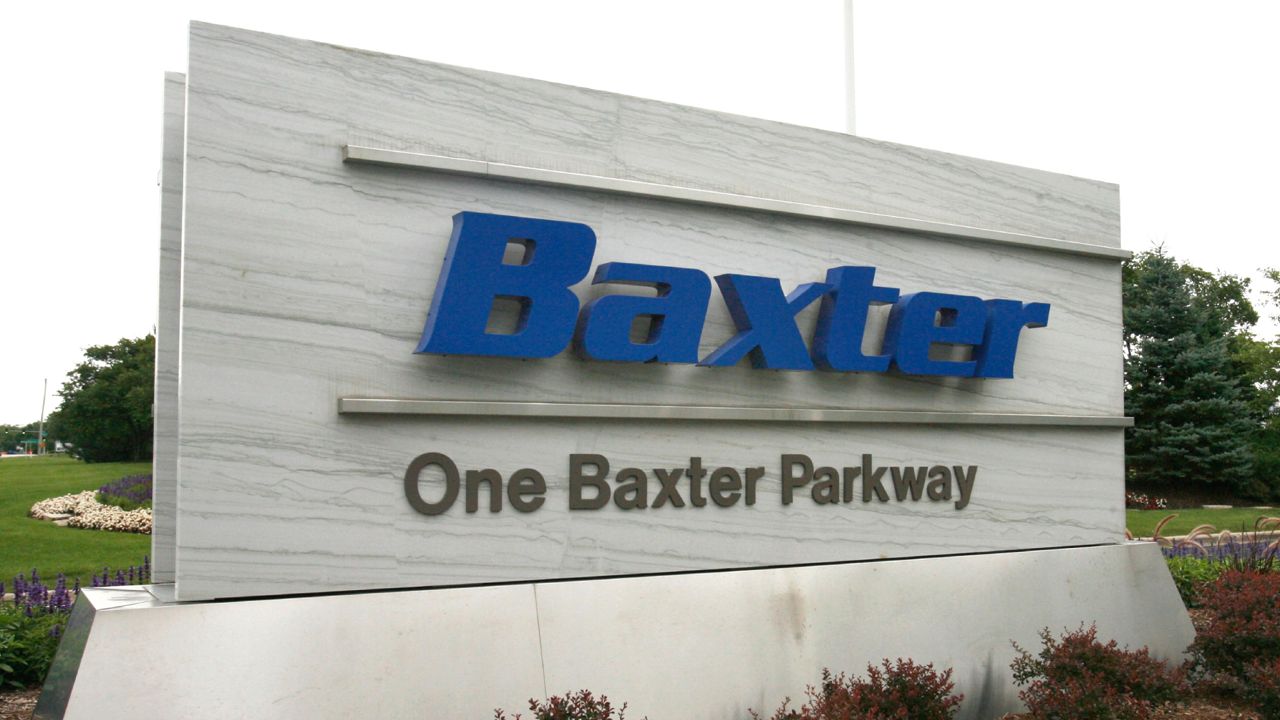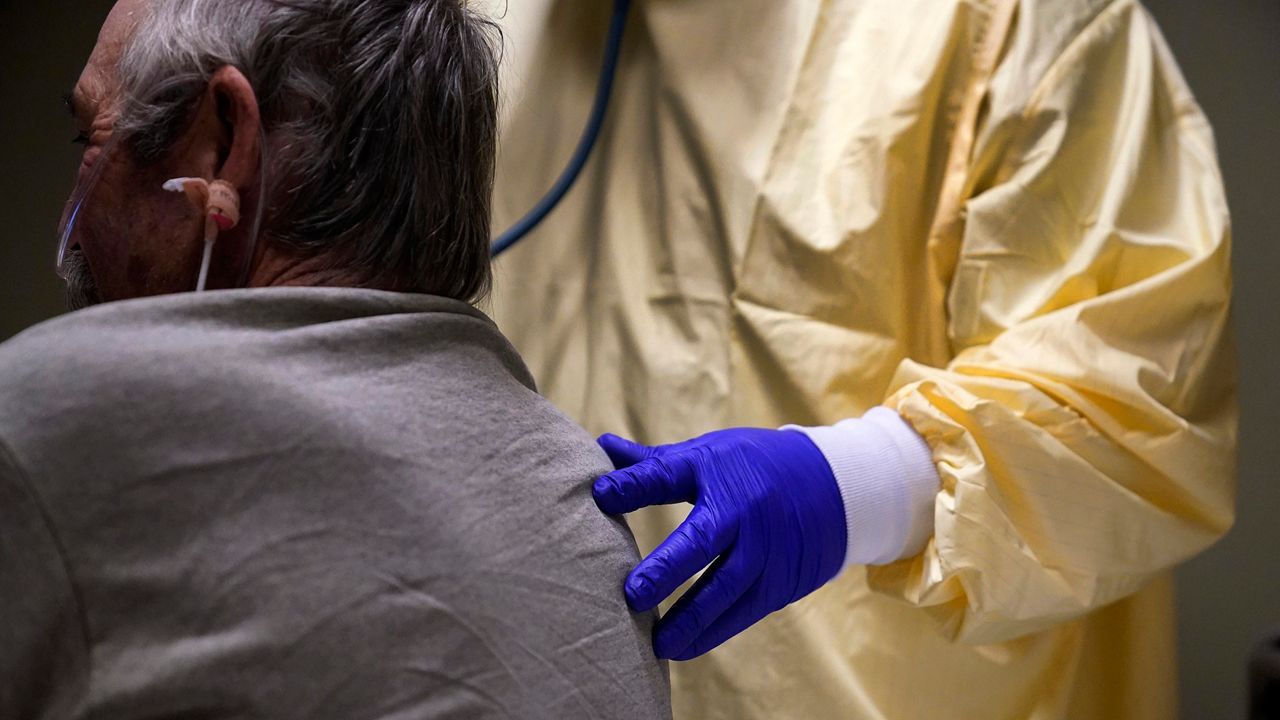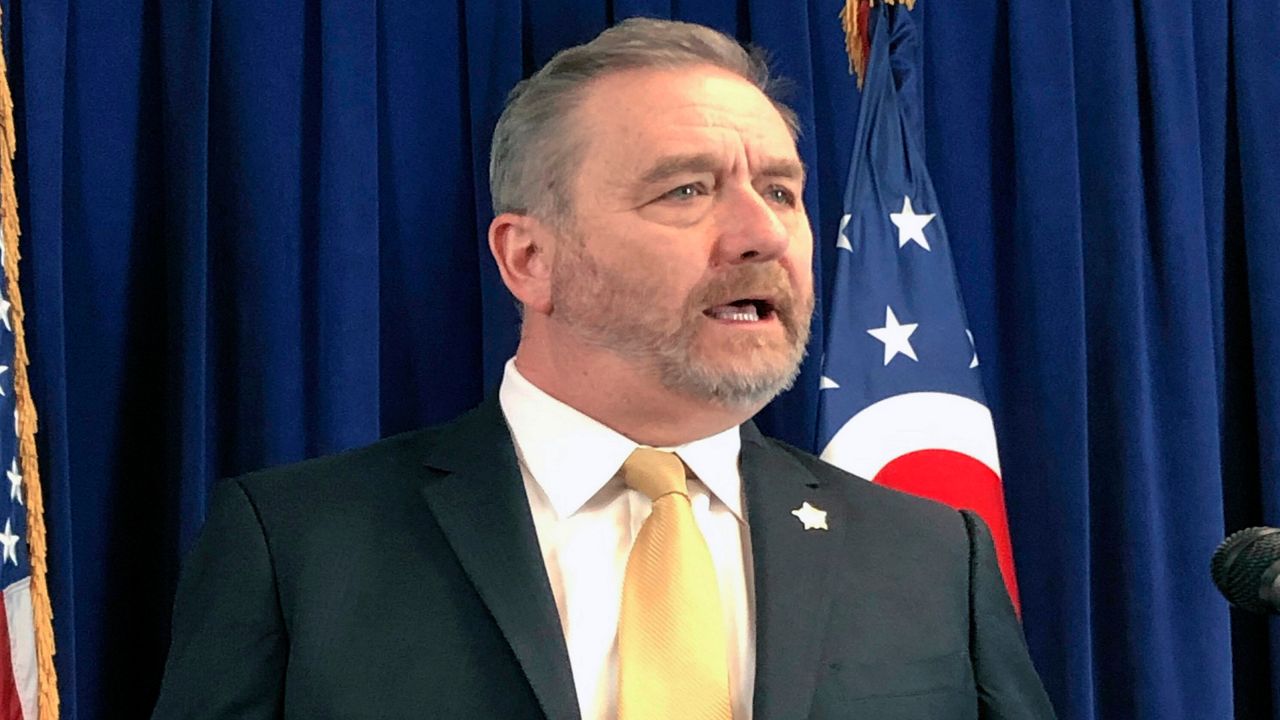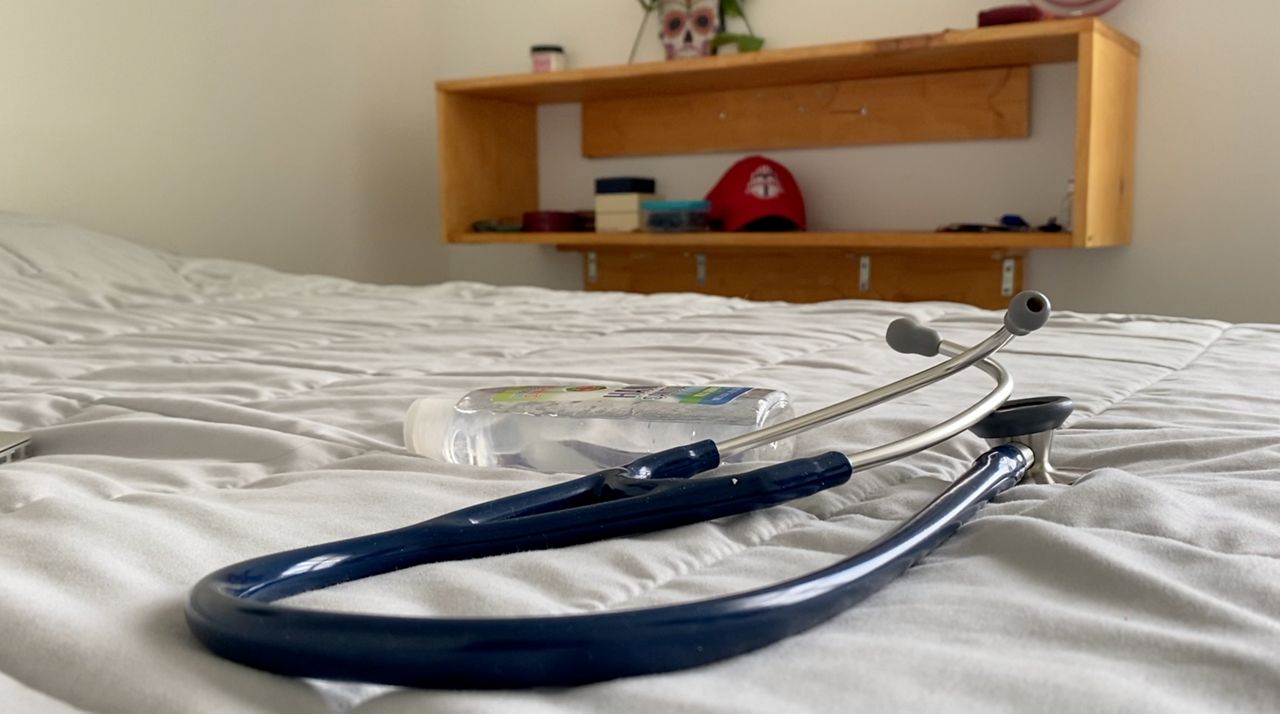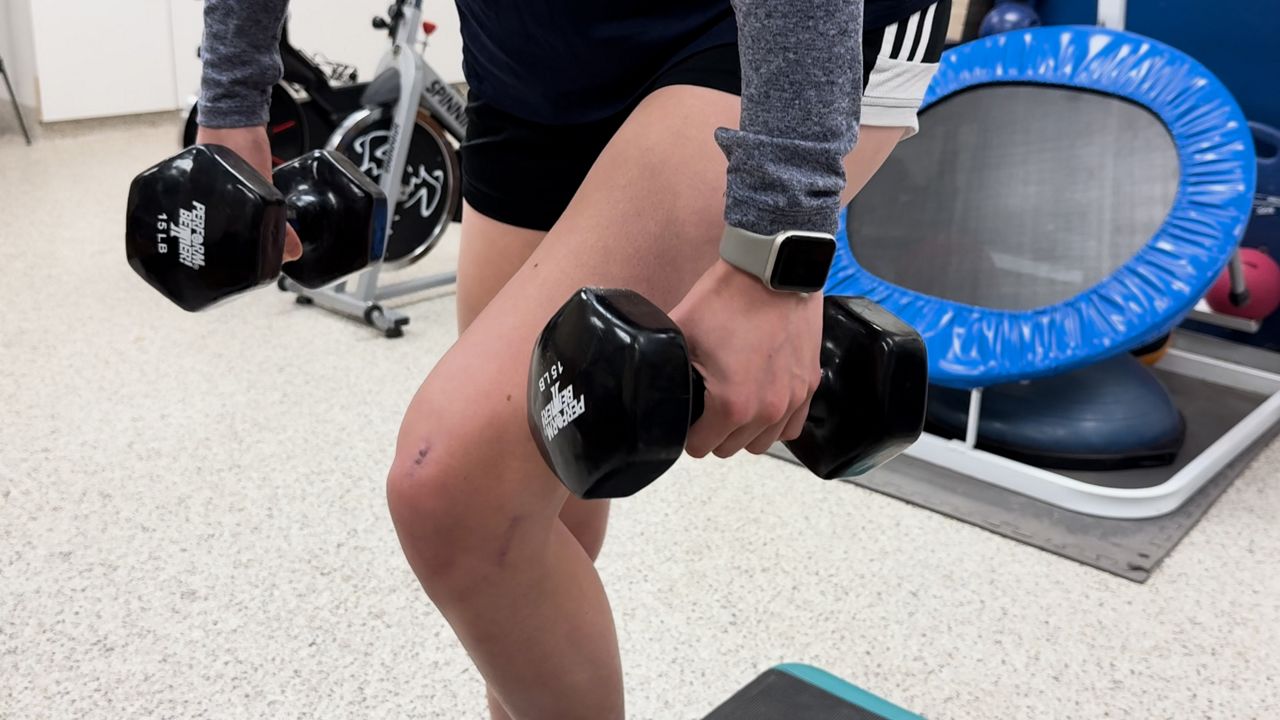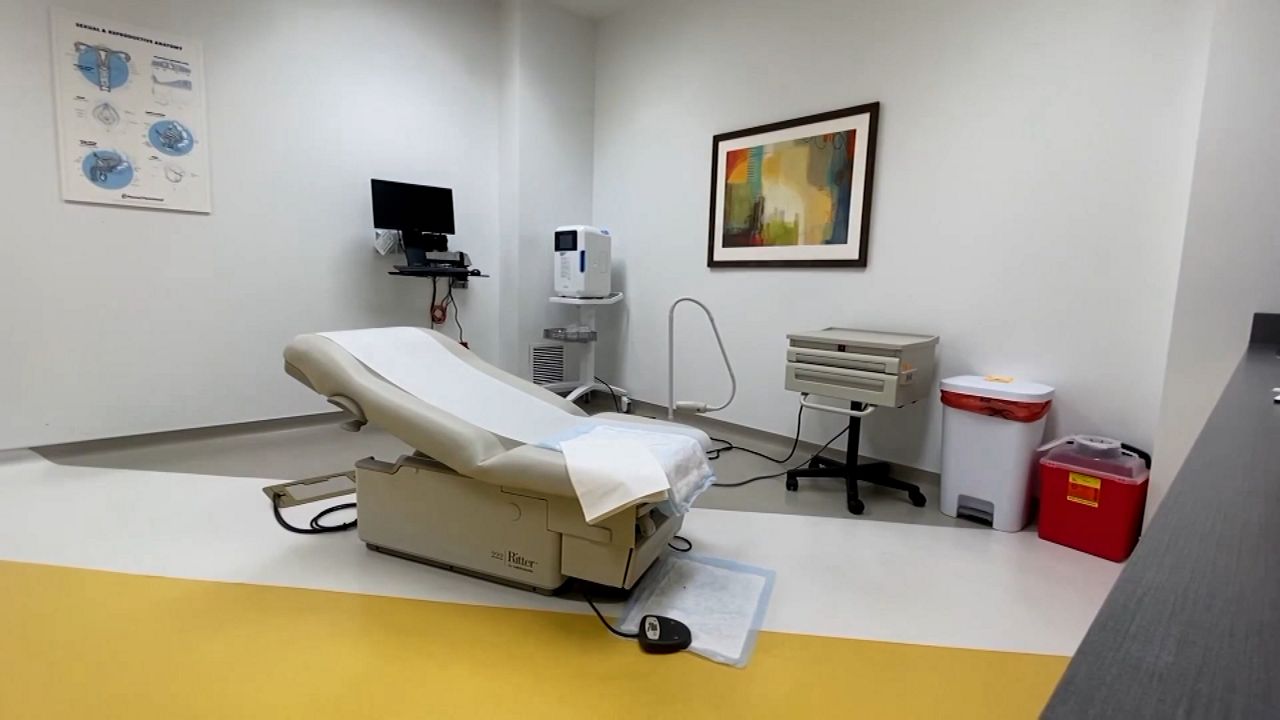Three of Ohio's major health systems—Cleveland Clinic, MetroHealth and University Hospitals—issued a joint statement highlighting how they have been affected by the nationwide shortage of "IV fluids, irrigation fluids and certain types of dialysis solutions."
Flooding triggered by Hurricane Helene hit a Baxter International plant in North Cove, North Carolina, that makes much of the country’s supply of sterile intravenous, or IV, fluids. It also makes fluids used by some patients on home kidney dialysis.
"We have developed mitigation strategies to address the shortage and remain committed to providing care to all patients," the Ohio health systems' joint statement reads. "Our pharmacy and supply chain teams are monitoring our supply of these products and are working closely with other manufacturers."
Cleveland Clinic also told Spectrum News that they are still able to care for their patients and meet all their needs.
Baxter had to close the factory, which it says is its largest manufacturing facility, employing more than 2,500 people.
The company also started limiting how much supply customers can order, a restriction designed to prevent stockpiling and keep access equal.
Dr. Paul Biddinger of Mass General Brigham said this week that Baxter told the Massachusetts health system it will get about 40% of the supply it normally receives.
Hospitals may start making small changes for now to stretch supplies of IV fluids, which are used to keep patients hydrated and also to deliver medicine.
Mass General Brigham, which includes 12 hospitals, is giving some patients water or Gatorade instead of starting an IV, Biddinger said.
He added that anyone who needs an IV can still get one, and the system’s clinical services are operating normally.
Hospitals may reschedule elective surgeries to conserve IV fluids, said Mike Ganio, who studies drug shortages at the American Society of Health-System Pharmacists. He added that they also may have nurses inject some medicines like antibiotics into patients with a syringe instead of using an IV.
Bigger changes may happen for people who need dialysis solutions made at the plant.
For those patients, Baxter is recommending that care providers review prescriptions to determine whether they can get by with less. The company also says delays to the start of dialysis should be considered.
The U.S. Food and Drug Administration, as of Friday, has not declared any new shortages tied to products made at Baxter’s plant.
But experts see vulnerability in the supply chain. Bags of IV solutions take up a lot of space, and it’s expensive for hospitals to keep large stockpiles.
IV solutions also must be kept sterile and don’t have long shelf lives, Biddinger noted.
“Maintaining a large supply of things that expire quickly is actually pretty tricky,” he said.
Smaller hospitals may only have a few days of supply on hand, Ganio noted.
Baxter is looking at using other factories around the world to fill some of the supply gap.
The company also has some stored finished products that were not affected by the storm. But access to their plant is limited because bridges to the site were damaged.
Ganio said other manufacturers also may be able to increase production, but that isn’t easy to do.
Baxter said Thursday that it was still assessing damage, and it had no timeline yet for when the plant will resume operations.
Last year, a North Carolina pharmaceutical plant run by Pfizer restarted production about 10 weeks after it was heavily damaged by a tornado. That plant also is a major supplier to U.S. hospitals.
Most of the damage from the tornado was confined to a storage area, not the part that produces medicine.
Ganio said this recovery at the Baxter site could go on for months.
“The damage to a manufacturing facility—especially one that makes sterile products—is not a quick fix,” he said.





